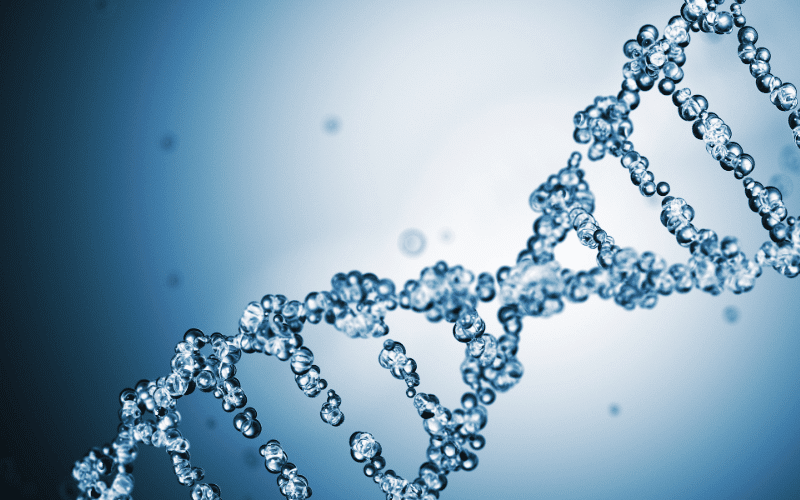Introduction: The Enigma of Cardiomyopathy

Cardiomyopathy, a profound medical condition, continues to confound healthcare professionals across the globe. As a disease that directly affects the heart muscle, it comes with a vast array of causes, symptoms, and treatments. This intricate condition has become a critical topic of interest in ongoing medical research, compelling professionals to delve deeper into understanding its underpinnings. From inherited genetic conditions to unavoidable lifestyle factors, we aim to unravel the ten primary causes of cardiomyopathy.
The heart, an incredible piece of biological machinery, performs the Herculean task of pumping blood throughout the body. It is the life-sustaining organ that ensures every cell, tissue, and organ in our body gets the oxygen and nutrients they need to function correctly. When the heart muscle – the myocardium – becomes diseased or damaged, it can lead to cardiomyopathy.
But what makes this condition so complex? The answer lies in the range of its causes. Factors like genetic mutations, long-term high blood pressure, and damage from heart attacks can lead to various types of cardiomyopathy. Meanwhile, seemingly harmless conditions like a consistently high heart rate can also cause damage over time. And the threats aren’t just external; our bodies can turn against themselves, leading to autoimmune diseases that can cause the heart muscle to thicken and harden.
There’s a silent war being waged within people suffering from cardiomyopathy – a war where the heart muscle is the battlefield. This battleground sees the damaging effects of metabolic disorders, nutritional deficiencies, alcohol, and drug abuse. Even complications during pregnancy can lead to the development of this heart disease. With every heartbeat, these factors chip away at the efficiency and effectiveness of the heart, ultimately leading to cardiomyopathy.
This article sheds light on these causes, providing insights into each one to help readers understand why and how they lead to cardiomyopathy. Remember, knowledge is power, and understanding these causes is the first step towards early detection, management, and even prevention of this condition. So, without further ado, let’s delve into the top ten causes of cardiomyopathy.
1. Genetic Mutations: Unraveling the Invisible Blueprint

Every cell in our body contains genetic material, the DNA, which is like an instruction manual for how our bodies grow and function. These genes contain the blueprint for our heart’s structure and functioning. But what happens when this blueprint goes awry? Genetic mutations in the heart’s genes can lead to the development of cardiomyopathy, most notably hypertrophic cardiomyopathy.
Genetic mutations are alterations in the DNA sequence that make up a gene. Sometimes, these changes can be beneficial or neutral, but other times, they can be harmful. In the context of cardiomyopathy, harmful mutations in certain genes can cause the heart muscle to grow abnormally thick. This is what happens in hypertrophic cardiomyopathy – a condition where the heart muscle becomes so thick that it struggles to pump blood efficiently.
But how does this mutation occur? In most cases, it is inherited. This means that if one of your parents has a gene mutation causing hypertrophic cardiomyopathy, you have a 50% chance of inheriting it. However, not everyone who inherits the mutation will develop the disease. Factors such as age, sex, and the presence of other heart disease risk factors can influence whether a person with the mutation will develop hypertrophic cardiomyopathy.
Genetic mutations are like coding errors in our body’s blueprint, which can sometimes lead to structural problems in the heart. Although we can’t change our genes, understanding the role of genetic mutations in cardiomyopathy can help guide prevention strategies and treatment plans. (1)